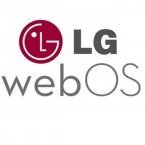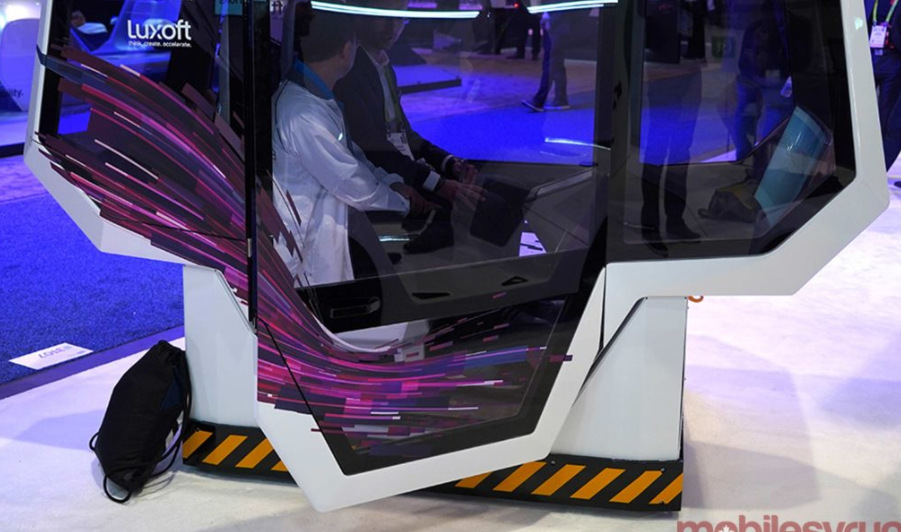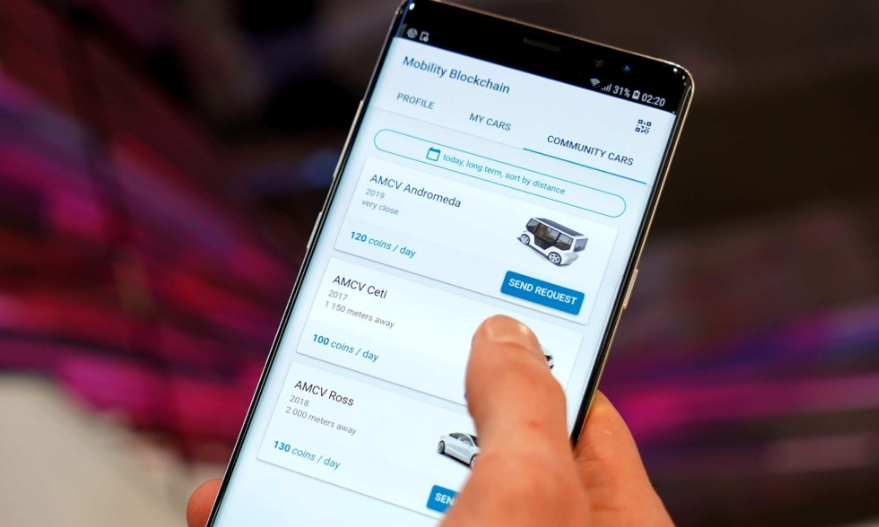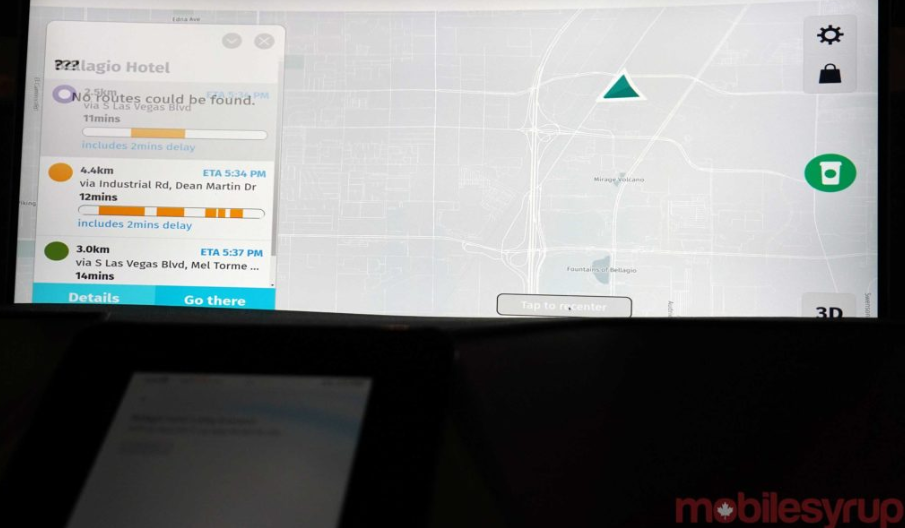Search the Community
Showing results for tags 'luxoft'.
-
A few months ago LG announced a partnership with Luxoft to create webOS Auto for automotive infotainment type of uses. This week at CES 2019, visitors got an initial look at what webOS Auto is all about. Continue reading the article from Mobile Syrup below: It’s now old news that webOS has the potential to play a role in automotive infotainment, but seeing it in action was an interesting paradox. It’s strange seeing the webOS logo on a vehicle, even if it is a concept. If there’s one platform that’s been around the block, so to speak, it’s webOS. From its inception through Palm, to its collapse with HP, and ultimately renewed lease on life with LG, it’s since been defined as a smart TV interface. That looks to be changing. Luxoft, a Swiss developer, partnered with LG on this project of porting over the smart TV platform to in-car use. It’s not even close to a direct port, so don’t assume it has the same look. This looks very different, and it was evident to me that it’s still early days for the viability of the setup. A different look - For starters, Luxoft demoed this in a unique concept vehicle — basically a pod that can sit on top of a rolling set of wheels the company calls a “skateboard.” The idea is that pods can be used to move people and goods with automated machines laying and removing the pods as necessary. It’s a bit confusing, but that’s secondary to the platform inside. Three screens make up the system. One is the user’s phone, one a large touchscreen on the dash, and a curved display taking up half the windshield. Users first order the vehicle through an app (with blockchain) where they can unlock the doors and then integrate their handset by scanning a QR code on the dash’s touchscreen. Amazon’s Alexa, which is built-in to webOS Auto, confirms the connection and displays a home screen. The curved display showed a map, supplied by HERE, to indicate the vehicle’s location. A Luxoft rep then gave a verbal command through Alexa to navigate to a destination. While the pod was theoretically driving, he verbally ordered a drink from a Vegas hotel and booked a tour of the Strip. The idea is that passengers can engage with services while they ride, using Alexa or the touchscreen to do them at any time. Whether it’s booking something, listening to music through Spotify or watching video on Netflix and Amazon Prime, a lot can be plugged in. It’s like having a virtual concierge during every ride. Luxoft’s other partnerships are part of the mix here, like the PELUX and Qt Auto platforms, for instance. But this is really more of a middleware play. Luxoft helped develop the newer MBUX system Mercedes-Benz has rolled out recently. As a middleware provider — not unlike BlackBerry’s QNX — Luxoft was simply showing what webOS Auto could do. What it could look like would depend on what automakers or mobility services companies want. Another German automaker is expected to make an announcement regarding webOS in the spring, so we’ll get news soon. LG and Microsoft team up In a separate, yet related, announcement, LG will be putting Microsoft’s AI and Azure cloud service into its emerging automotive infotainment platform. The same aforementioned German automaker is on board with this, and the feature set will include smarts for the driver assistance and cameras in whichever vehicle runs the system. Where Azure fits in is to process data faster on the fly, like recognizing pedestrians, lines, signs and much more. It will also involve Azure’s Virtual Assistant Solution Accelerator, a voice-activated framework that is supposed to give drivers useful data, like traffic, music, and points of interest. Neither gave too much detail beyond the basics, but it looks like LG is gunning for Samsung (among others) in the automotive arena. Read more at MobileSyrup.com: Hands-on with webOS Auto
-
- 1
-

-
- webos auto
- automotive
-
(and 3 more)
Tagged with:
-
LG Signed a deal with Luxoft yesterday to bring webOS to new verticals such as automotive, robotics, and the smart home. Very interesting development and a clear expansion of how webOS will be used in the future for not only TVs, projectors, and appliances. Below is the press release from the Luxoft website. Next-generation webOS operating system will target vehicles, robots and smart devices IFA, Berlin, GERMANY -- 31 August, 2018 -- Luxoft Holding, Inc (NYSE:LXFT), a global IT service provider, has partnered with LG Electronics Inc., a multinational electronics company, to help create the next generation webOS as part of a strategy to extend its capabilities and ecosystem into the automotive, robotics and smart home verticals. LG Electronics has previously deployed webOS in over 60 million LG smart TVs and digital signage displays worldwide and this install base is growing rapidly. As a strategic partner, Luxoft is bringing technical assets as well as experience in designing and deploying software platforms for a wide variety of products and services. “Thanks to our collaboration with Luxoft, we are able to bring webOS into automotive and beyond,” said I.P. Park, Chief Technology Officer at LG Electronics. “Luxoft is providing a substantial technological contribution to webOS and has also greatly enhanced our ability to deploy it into new industries.” Luxoft will lead the deployment of webOS into the new, targeted sectors, beginning with automotive. Initially focusing on digital cockpit development – which includes infotainment, navigation, and other features that are human-car interaction-centric – Luxoft and LG Electronics also plan to introduce the new platform into the robotics and smart home sectors. “We’re already leveraging LG Electronics’ thriving smart TV eco-system to customize and enhance webOS so it provides an innovation canvas for car manufacturers to develop next-generation autonomous vehicles,” said Mikael Söderberg, Senior Technical Director, Automotive at Luxoft. “Having access to webOS and its cloud services platform will enable car makers to design and develop better customer experiences for autonomous mobility services.” With both technology and specific industry expertise, the Luxoft and LG partnership is helping provide more ways for businesses across multiple sectors to digitize. “Underlying this partnership is a shared desire to make it easier for manufacturers to innovate with technology. This platform gives them the flexibility to make digital changes. This will help accelerate the mobility revolution, improve human-robotic interactions and make smart devices even smarter,” concluded Dmitry Loschinin, President and CEO of Luxoft.
-
- luxoft
- automotive
-
(and 3 more)
Tagged with:






